How to Be an Activist
January 10, 2021
From October 6th to the end of November, I participated in the Live Girl League Activist program. It was led by educator Kyla Johns, a passionate leader in activism. Johns founded her own organization called RAGE TIME (Reform and Amend General Education to Teach and Integrate Minority Experiences), which focuses on lifting voices that have been overlooked in the education system. She taught me about the positive influence teen activists can have by bringing awareness to causes they care about.
Teen activists are instrumental in the process to make the world a better place. Ten years ago, students had little to no voice. World leaders didn’t take young activists seriously, and it’s hard to spark change when you aren’t given a vote in elections. These reasons caused teenagers to feel overlooked, as if their voices didn’t matter. Thankfully, times are changing and young people are having more of an impact on social justice. For instance, in 2018 teens led a student demonstration in support of legislation to prevent gun violence in the U.S. Around one million people showed up to the March for Our Lives protest. Safety gun laws were passed in states across the nation, and the march spread awareness to corporate companies in America. One way to tap into our power and influence locally and on a smaller scale is by incorporating activism at St. Luke’s. After attending this program, I was inspired to find ways to use my own voice to spark meaningful change. This article will incorporate and share the lessons I learned from the Activist program.
To have a positive impact and implement change within the St. Luke’s community, young activists can run for leadership positions on the Student Council. Student government provides opportunities to build organizations, communication skills, public speaking, and the ability to look at issues from different perspectives. It also gives you a small taste of how our government functions — for instance, practicing how to campaign for a position and how to follow through on promises and responsibilities. If you don’t feel comfortable in a student government position, try joining a club focusing on social justice issues, such as the Gay-Straight Alliance, the Feminism Club, or the Black Student Union.
Engaging in community service is one of the most productive ways to spend your free time. Helping to improve your community not only builds a passion for your cause, but it also encourages people to join along and bring local change. Your time will be valuable and appreciated wherever you choose to volunteer. It is a productive way to help those around you and spread kindness and joy.
One easy way to start becoming an advocate is through online platforms. Social media is a great tool to spread political and social awareness! Start or share petitions or email campaigns, or put videos and pictures on your story to raise awareness. Taking advantage of online resources is a good starting point that has minimal involvement and effort.
Outside of social media, try starting a podcast, newspaper, or talk show for your school. If there is a topic you’re passionate about that does not have a big enough platform, create one! Provide your student body with factual and significant information concerning the topic of your choice. Your podcast can feature different societal issues, teachers’ takes, students’ interviews, or even a survey.
While there is not a “right” way to live your life, taking a neutral position or being inactive on human and environmental rights is choosing to take the opposing side. We must hold ourselves and others accountable, from our peers to our leaders. There are endless causes you may choose to fight for, and we must do our best to become active members in sparking change and justice.



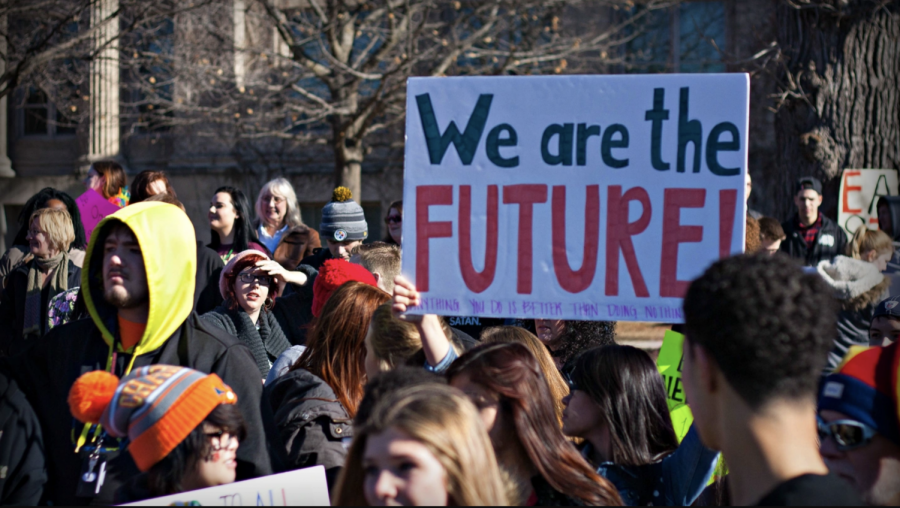

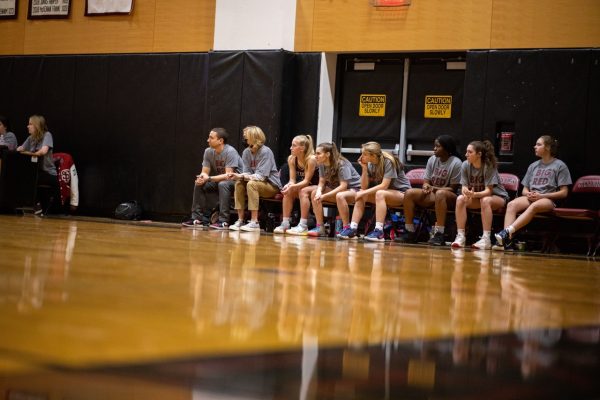
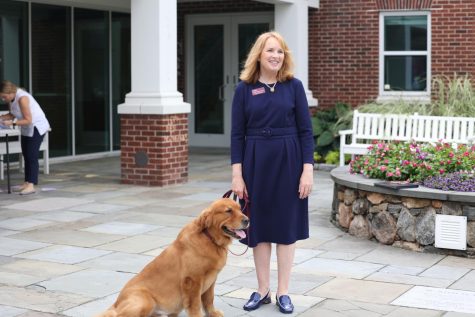


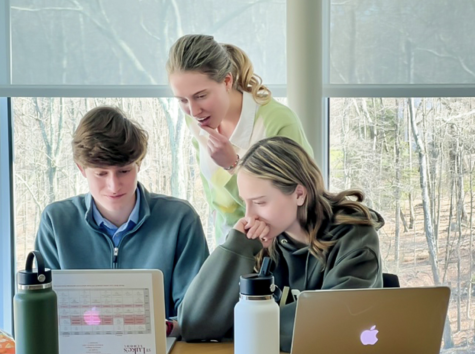

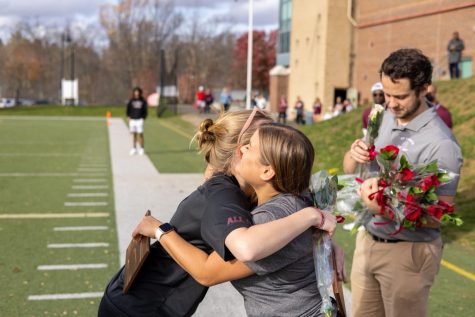
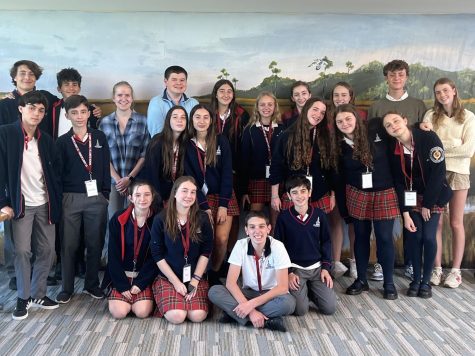
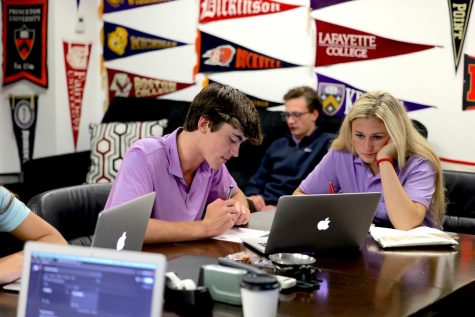

Sheri West • Jan 29, 2021 at 5:39 pm
Bravo, Ale! The world needs inclusive leaders like you. Thanks also for sharing your positive experience with LiveGirl.
Elaine Camerota • Jan 10, 2021 at 7:54 pm
Excellently thought through and written, Ale. Brava!